In 1979, inspired by the countercultural movement sweeping the country, teenager Olive Jones embraced rural communal living.
By the age of 21, she was one of the founders of the Graham Downs farming community in the Motueka Valley.
It was a bold experiment, built on anarchy and idealism, with the aim of self-sufficiency.
Jones’ book Commune: Chasing a Utopian Dream charts the course of the commune and the highs and lows of living without rules.
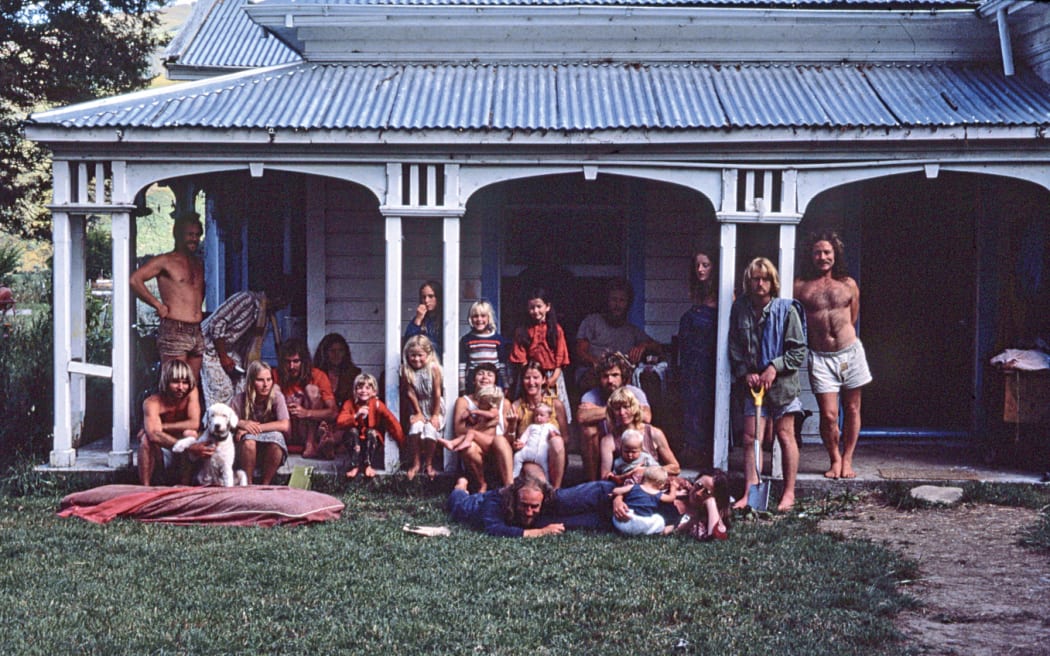
People in front of the main house, early 1980 Photo: supplied
The land they took possession of in 1979 was, and remains, particularly beautiful, she tells Kim Hill.
“A very beautiful piece of land, elevated above the Motueka Valley, and below the foothills of the Kahurangi National Park. So, it's very private and very fertile, and a really beautiful place.”
Anarchist John Glasgow was one of the co-founders of the commune, which was built on anarchist principles.
He believed anarchy was a strong basis for social organisation, self-governance, and the assumption that we are all capable of dictating the terms of our own lives, Jones says. Those principles held sway for a at least a decade.
“For the first 10 years it was really vibrant, with a large number of people coming and going and huge food production, we worked draft horses, it was very much like pioneering, really, working, doing everything by hand without electricity, building our own shelter, and probably supporting 30 to 40 people most of the time and a group of children.
“So, it was a very dynamic and exciting place. People who came there were very caught up in the spirit of what was going on.”
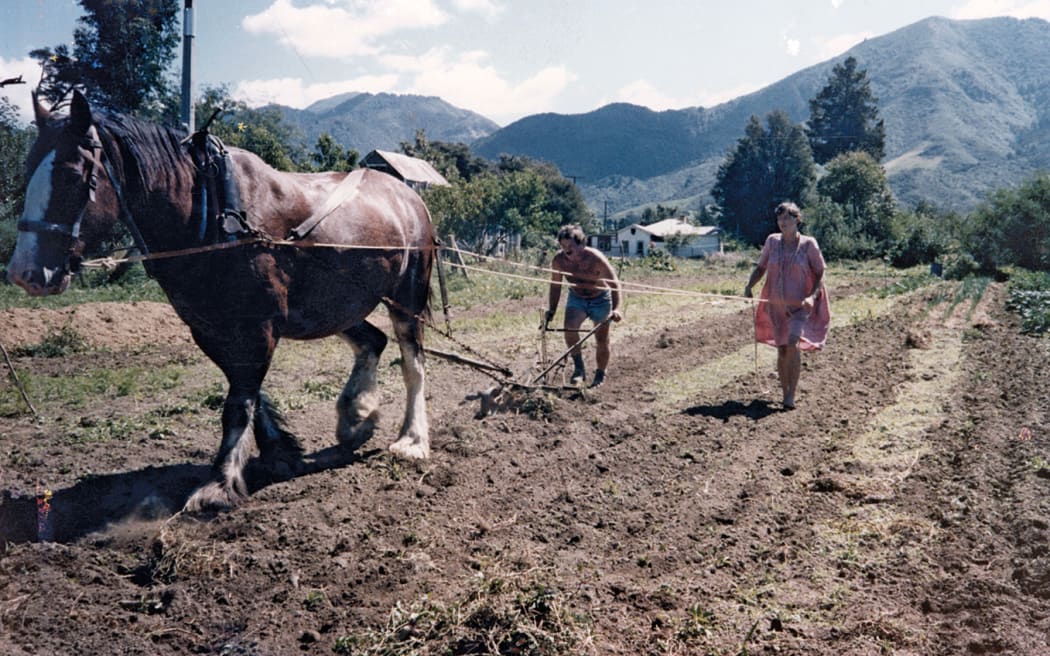
Cultivating the Graham Downs kitchen gardens Photo: supplied
In hindsight, they were naive to think the commune could carry on that way, Jones says, especially when children came along. Their policy of open access was also proving a problem.
“We became quite overwhelmed by some of the people that were attracted to the place who weren't necessarily helping the cause, if you like.”
Running the farm was hard, physical work, Jones says, and she talks in the book about the euphoria she felt at the end of a hard day's work after having supplied the food which was grown on the property.
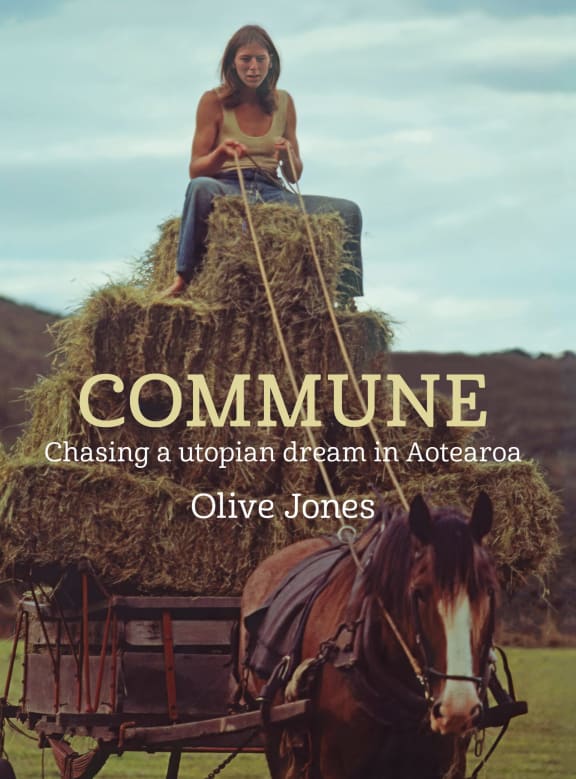
Photo: supplied
“I recall seeing museum photos, early pioneering photos, of these women with huge ropey-veined hands, carrying kerosene tins of water and leaning over fires – it was kind of like that, for many years.
“Hand-milking cows, for example, is really physically hard work, as well as everything that goes with processing the milk and all the rest of it.”
Gradually the meetings the commune held to make decisions about the farm became unbearable, she says.
"They became these very intense places of conflict. And you knew of really strong characters who would always be entrenched in their position. And it didn't matter what one side proposed, the other would oppose. It just always happened.
"And I just found the conflict and the inability to move forward just so frustrating, and really was upsetting as well over a long period of time, because it just stymied what we were trying to achieve.”
Their neighbours were also suspicious, she says.
“It was a very conservative, established, straight, farming community that we moved into. And we were doing a pretty different thing to what they were doing, despite the fact that we were farming as well.”
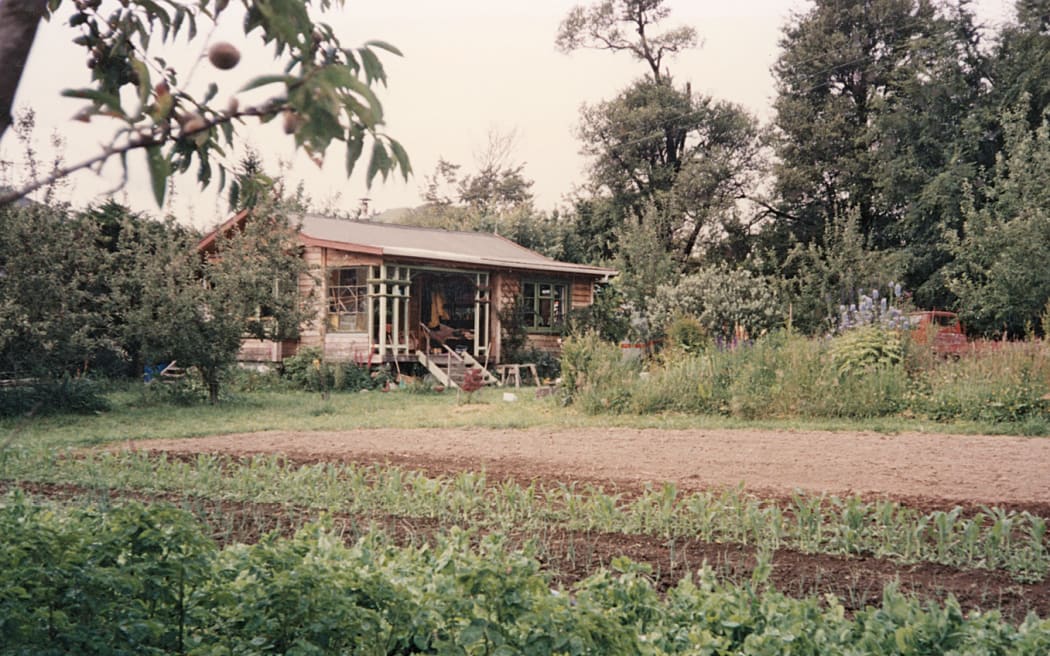
Olive's house and kitchen garden at Graham Downs Community Photo: supplied
And the group fully embraced the counter-culture, she says.
“Marijuana was definitely part of it, was part of the counter-culture. And was more prevalent than alcohol actually, to begin with.”
Monogamy wasn't high on the list of priorities either, she says.
“There were monogamous couples, for sure. But there was also the whole business of free love, the idea that we were rejecting the values of the mainstream society, we were trying to create an alternative, part of that was about, exploring your sexuality.
“We were young as well; a lot of people were still single. So, it was an environment … it was a very permissive environment. And people did explore different ways of being in relationships.”
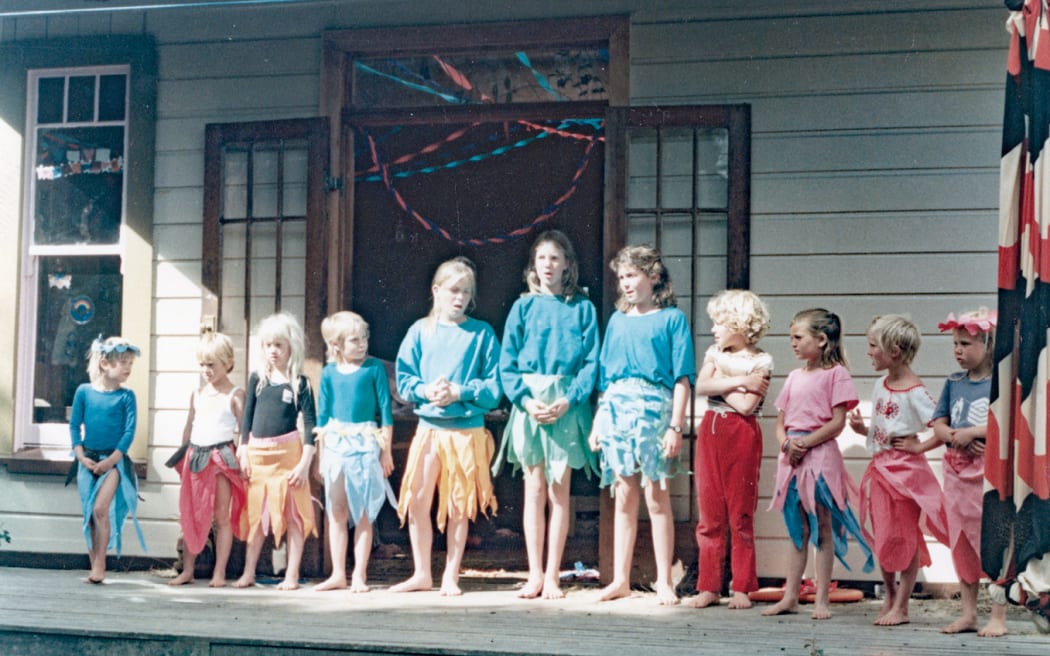
Children's Christmas concert at Graham Downs Community. Photo: supplied
The philosophy behind Graham Downs took too rosy a view of human nature, she says.
“I think it was an expression of our naivety, believing in the inherent goodness in all people.
“I think you're always going to have self-interested people and you're always going to have opportunists and freeloaders and they are always going to take advantage of something.”
Eventually life on the farm became rather squalid, she says, with the idealistic founding principles long gone, and fringe dwellers just using it as a place to “hunker down”.
“I still carry a lot of sadness about how such a beautiful, bright dream kind of unravelled, to the extent that it did.”
Jones remains on the board of the trust that still owns Graham Downs and there is hope of a revival, she says.
“We are really keen to attract young people who have the same kind of ideals that the trust holds to, get back into a farming collective enterprise on that land.”
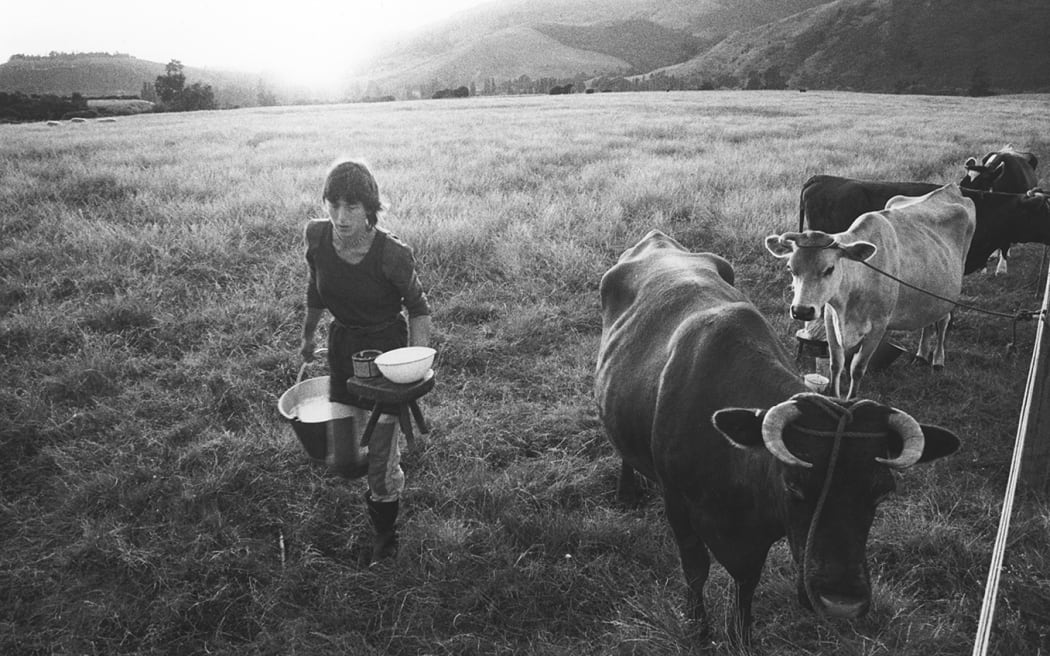
Milking at dawn - Graham Downs Community Photo: supplied

